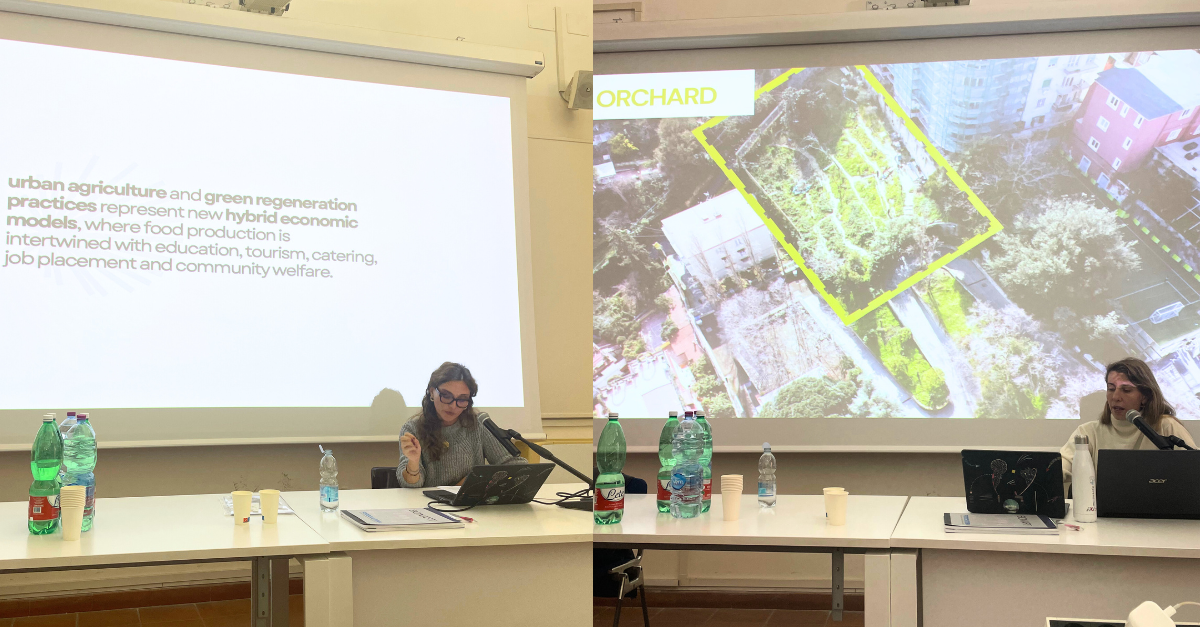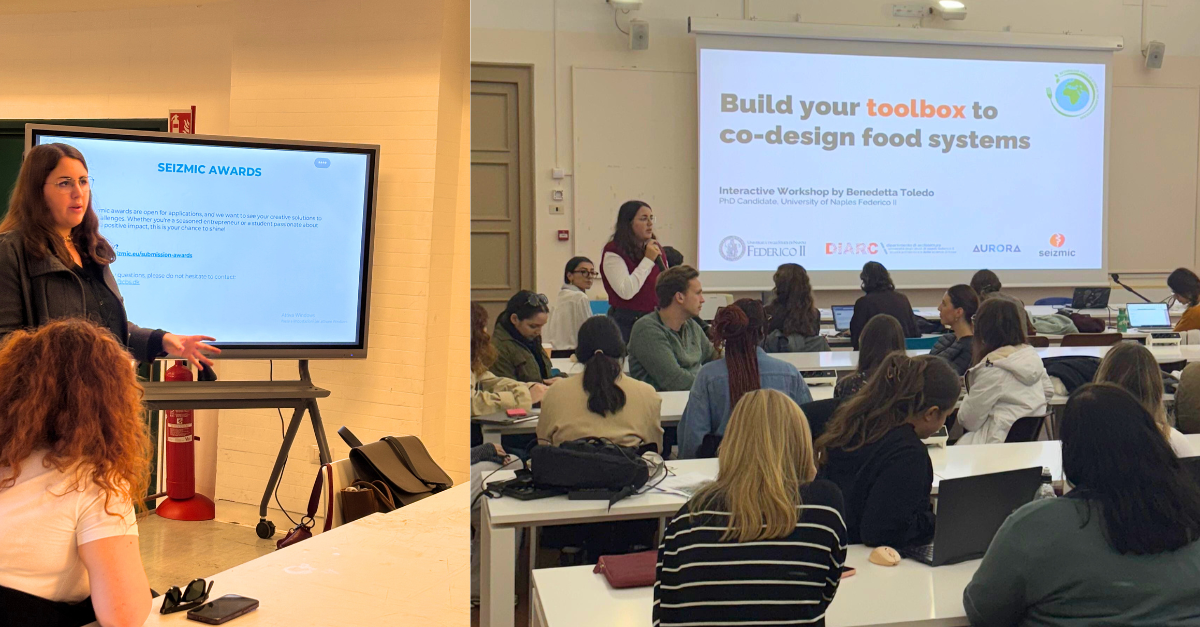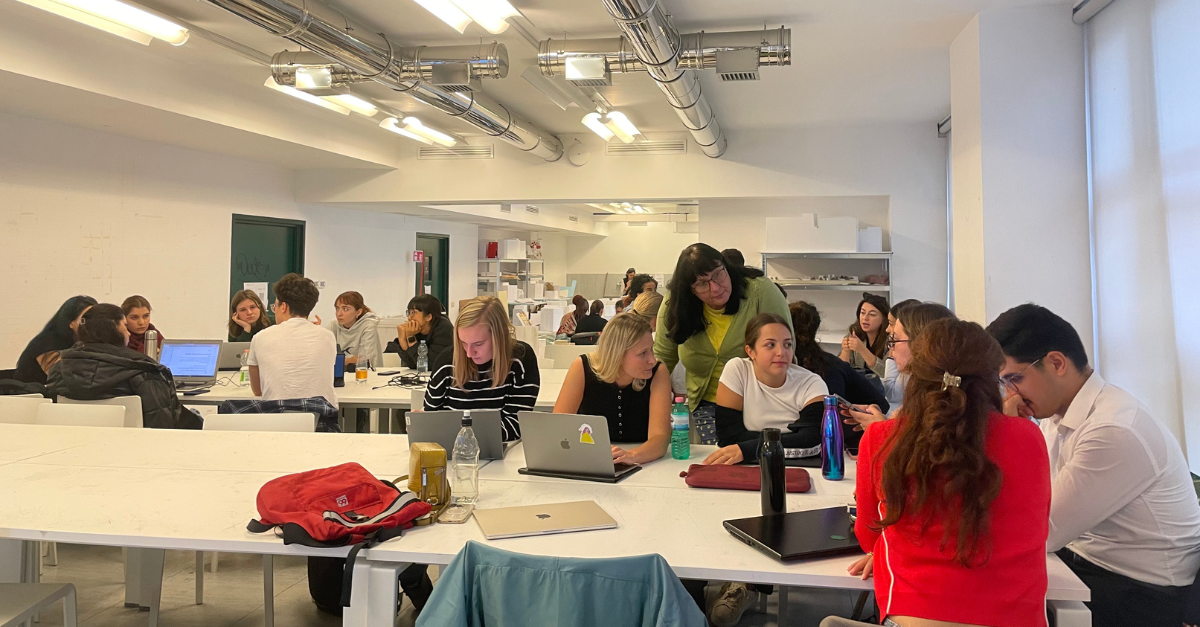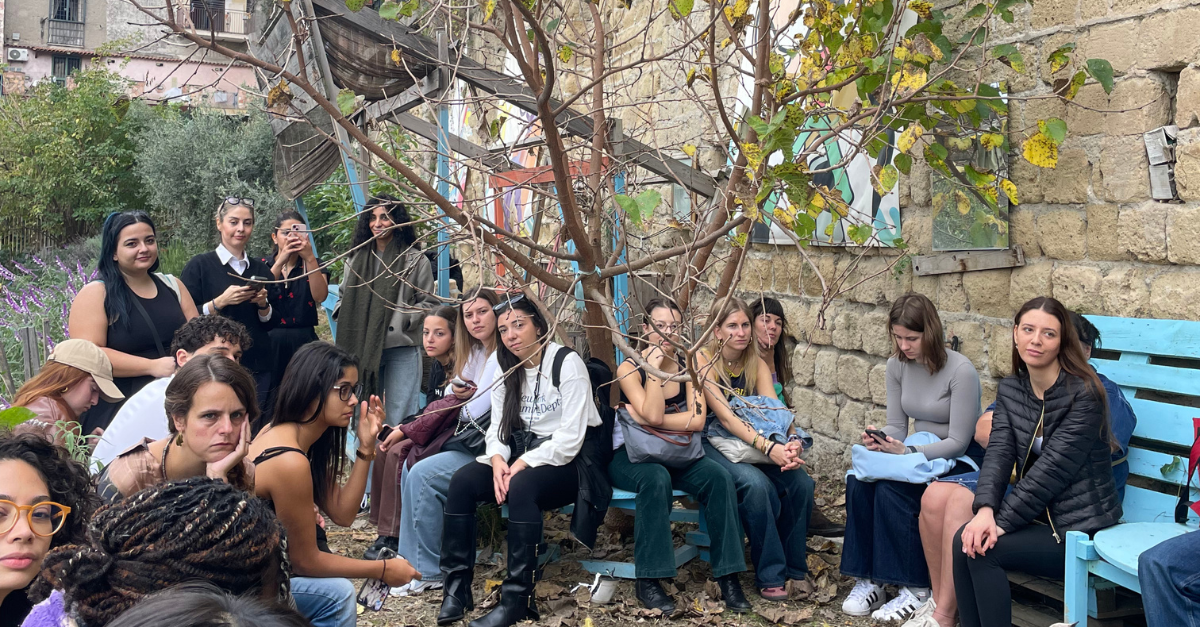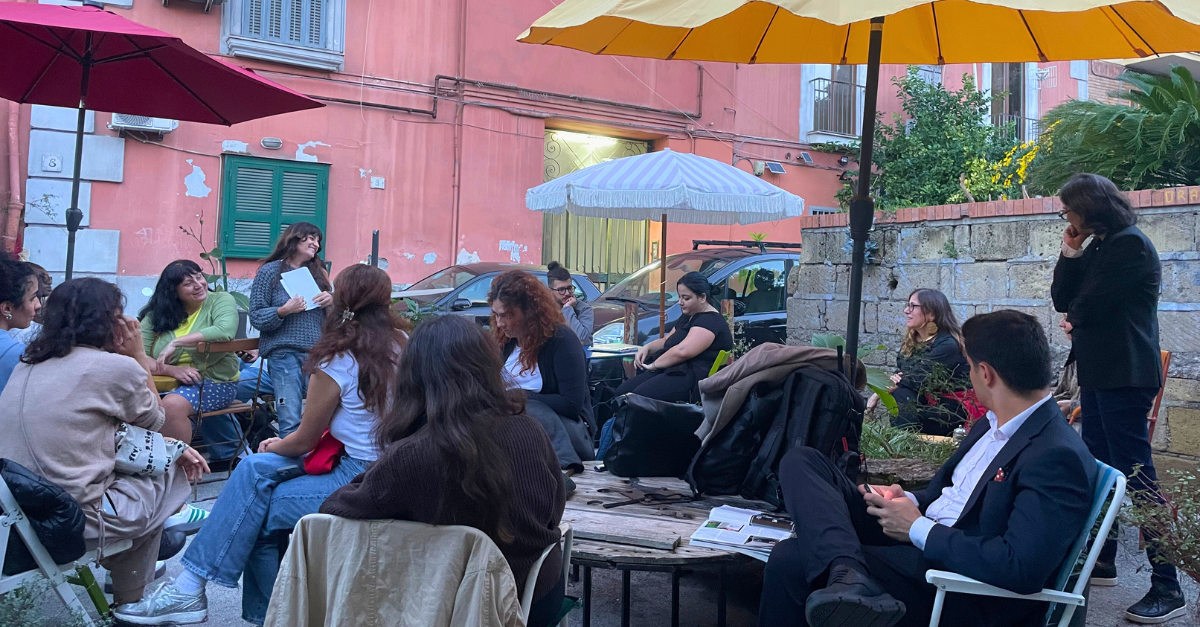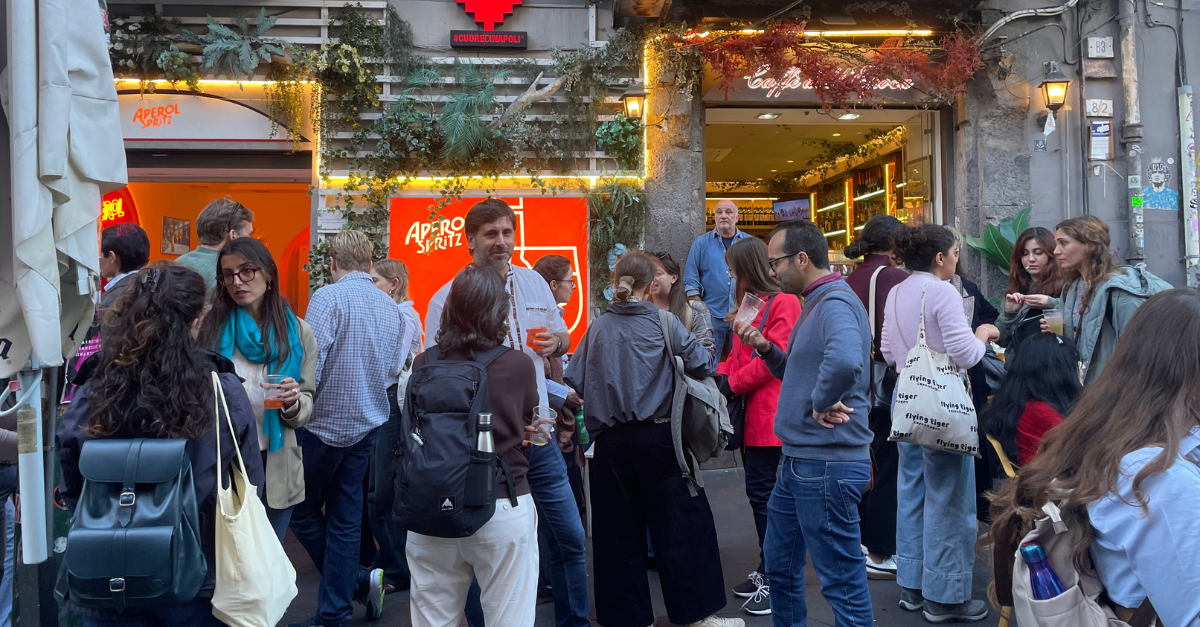seizmic Awards 2025 Demonstrates The Power Of Responsible Entrepreneurship
The seizmic Awards 2025 once again demonstrated the power of responsible entrepreneurship. This year’s submissions showed not only creativity and innovation, but also a deep understanding of how business models can address real world challenges.
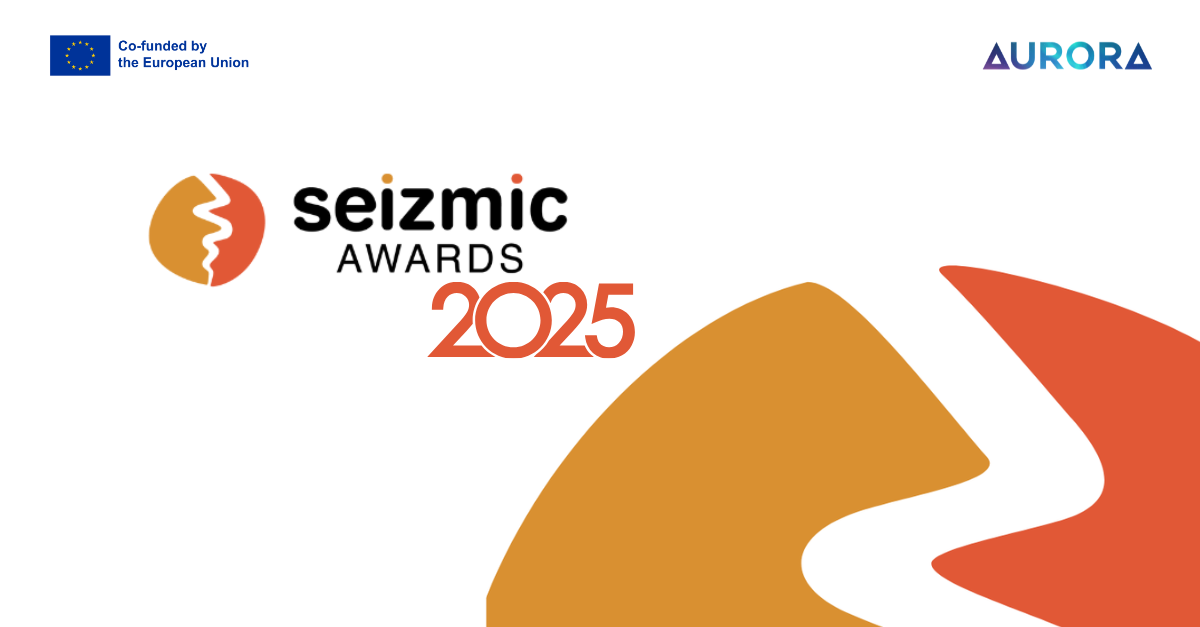
The seizmic Awards jury carefully reviewed projects from diverse academic and geographic backgrounds. The overall quality was remarkable. The selected winners stood out for their clarity of purpose, feasibility, and measurable impact potential. Each submission reflects the growing commitment among students and young entrepreneurs to rethink business as a force for positive change.
Congratulations to all participating teams for their dedication to social entrepreneurship and innovation for good.
Discover the winning projects for seizmic Awards 2025 and access the full business models on the seizmic APP by following this step-by-step guide.
Winners of the seizmic Awards 2025
Winner: SavEat

SavEat addresses one of the most urgent environmental and economic challenges of our time: food waste. A significant share of food produced globally is never consumed, leading to unnecessary emissions, wasted resources, and economic loss. SavEat proposes a solution that combines smart distribution systems with behavioral insight. By identifying surplus food and redirecting it efficiently, the project reduces waste while encouraging more conscious consumption patterns. What makes SavEat stand out is its balance between impact and scalability. The model demonstrates how environmental responsibility and commercial viability can reinforce each other rather than compete.
Runner Up: YUI

YUI focuses on strengthening social inclusion through improved access to services and community resources. The project builds a platform that connects individuals, institutions, and opportunities in a more coordinated and accessible way. Many communities struggle with fragmentation and unequal access to support systems. YUI responds to this challenge by creating clearer pathways for participation and engagement. The jury particularly valued the project’s systemic perspective and its potential to generate long term social value while maintaining a sustainable revenue structure.
Runner Up: TerraPulse BioSolutions

TerraPulse BioSolutions works at the intersection of biotechnology and sustainability. The project transforms biological waste streams into valuable inputs for agriculture and industry, contributing to more circular production systems. Environmental degradation and resource inefficiency remain central global concerns. TerraPulse BioSolutions addresses these challenges through scientific innovation combined with practical application. The strength of the model lies in its strong technical foundation and its clear pathway toward scalable environmental impact.
The seizmic awards continue to highlight how responsible innovation can shape the future of business. We look forward to seeing how this year’s winners further develop and implement their ideas.
Interested in participating in the next edition of the seizmic Awards? Stay tuned for upcoming calls for submissions.
The Social Business Model Panorama remains available to support you step by step in building your own impactful project.
For further information, please contact the seizmic team at: seizmic@cbs.dk
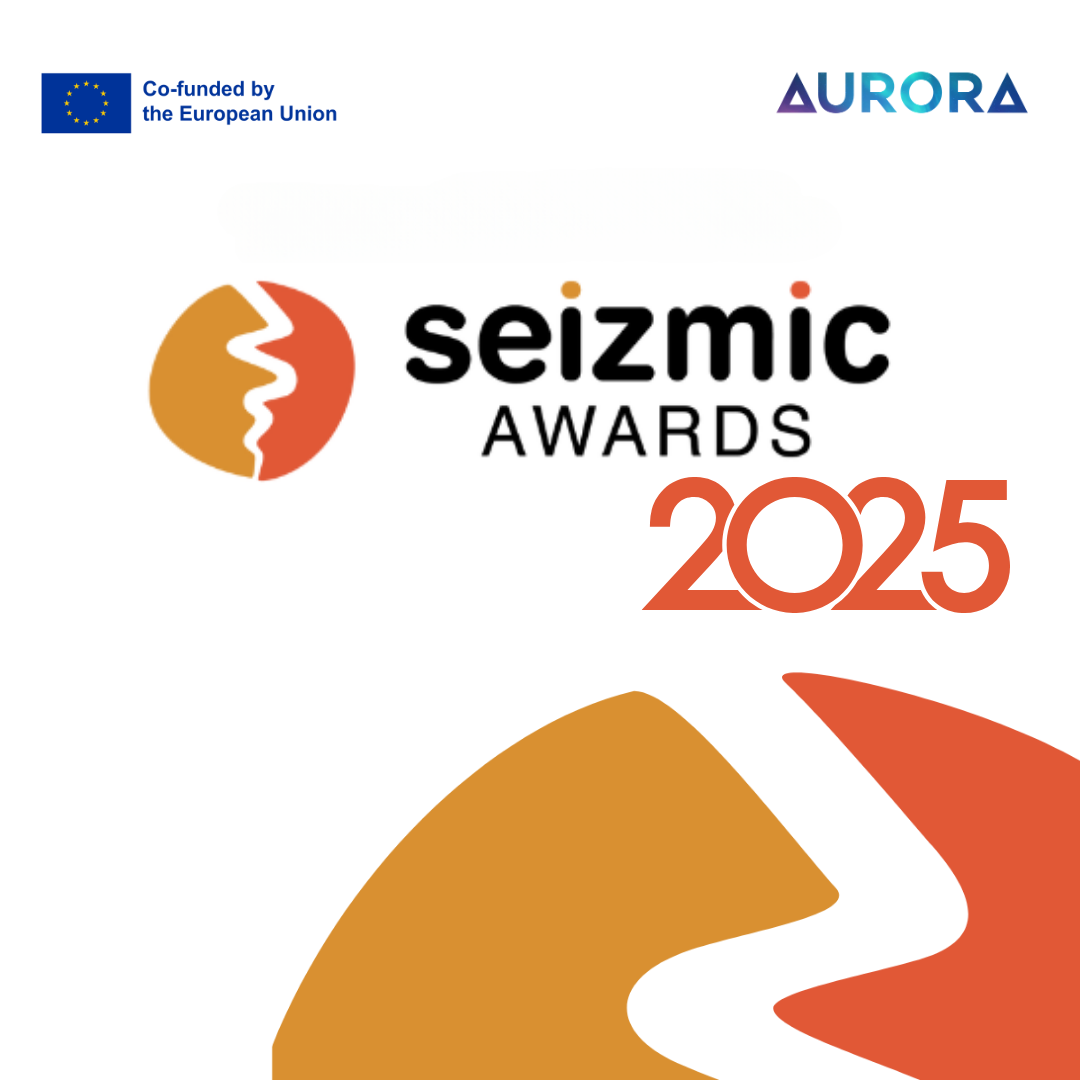
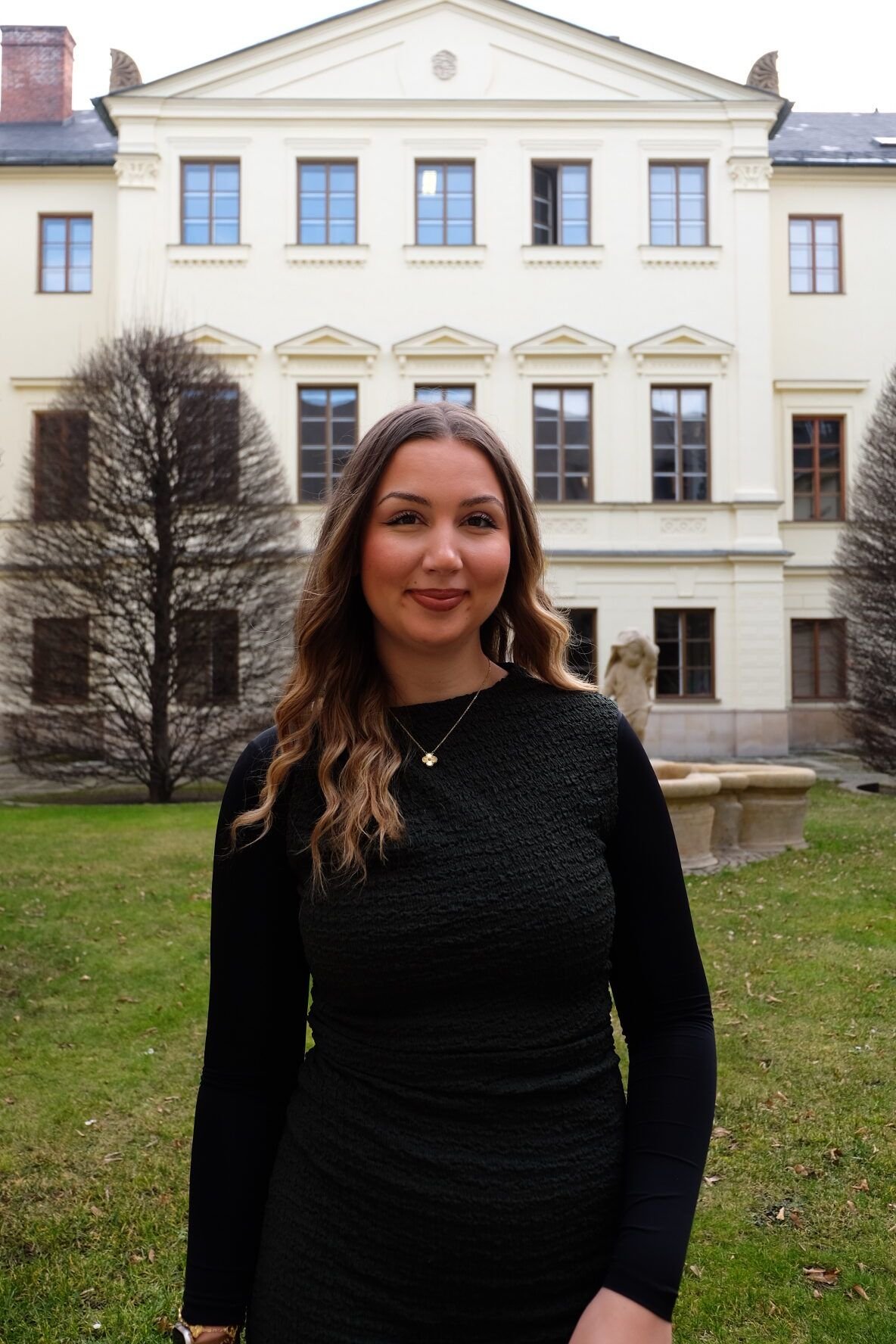
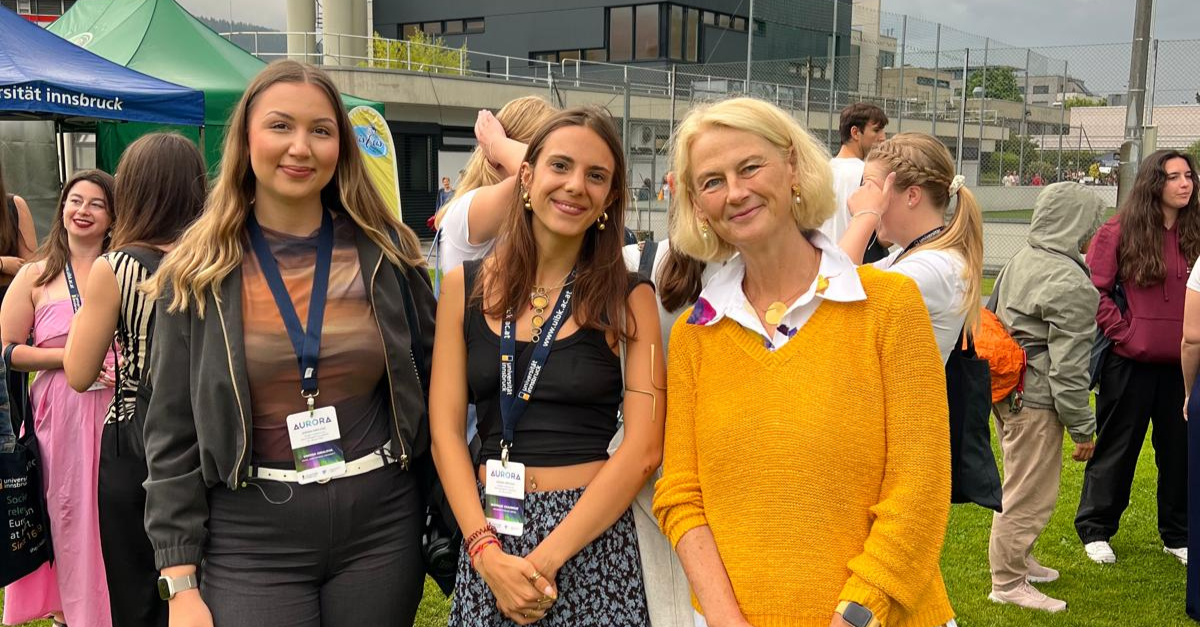
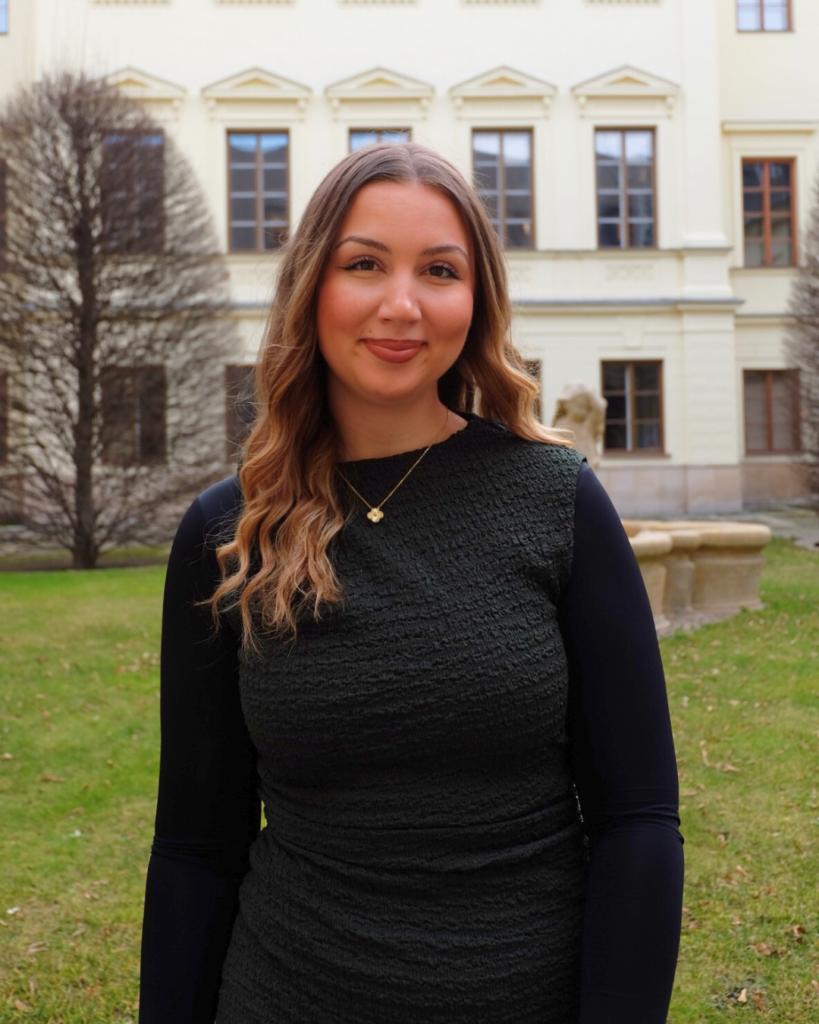 The uniqueness of this presidency comes from two major distinctions in comparison to past Student Councils: the fact that I come from an associate partner university
The uniqueness of this presidency comes from two major distinctions in comparison to past Student Councils: the fact that I come from an associate partner university 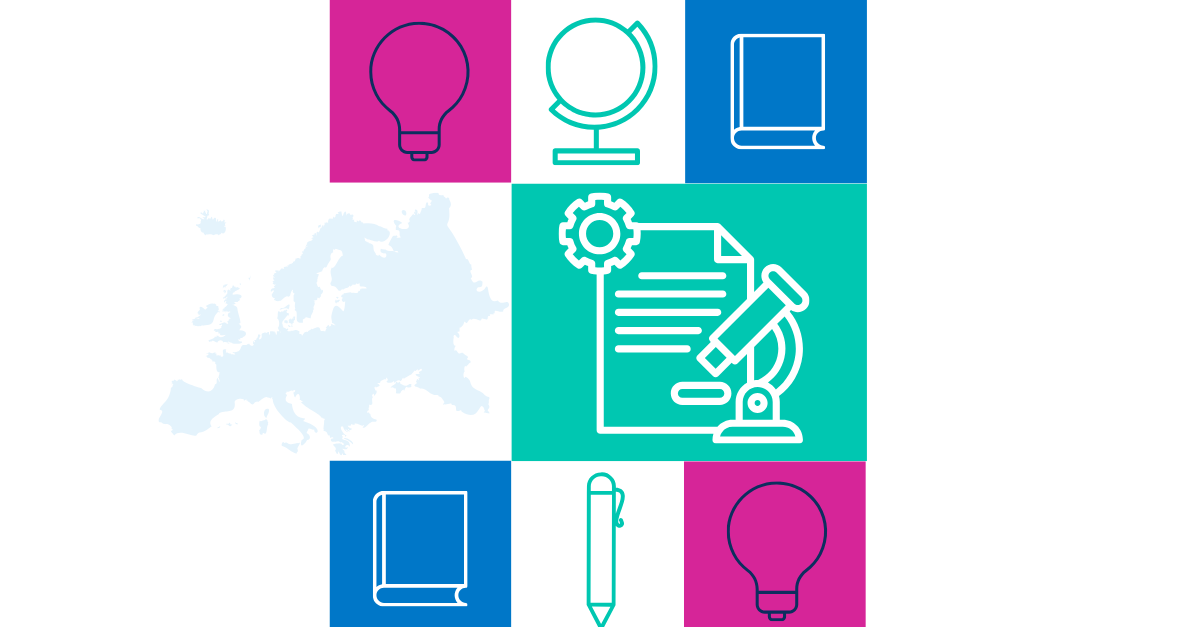

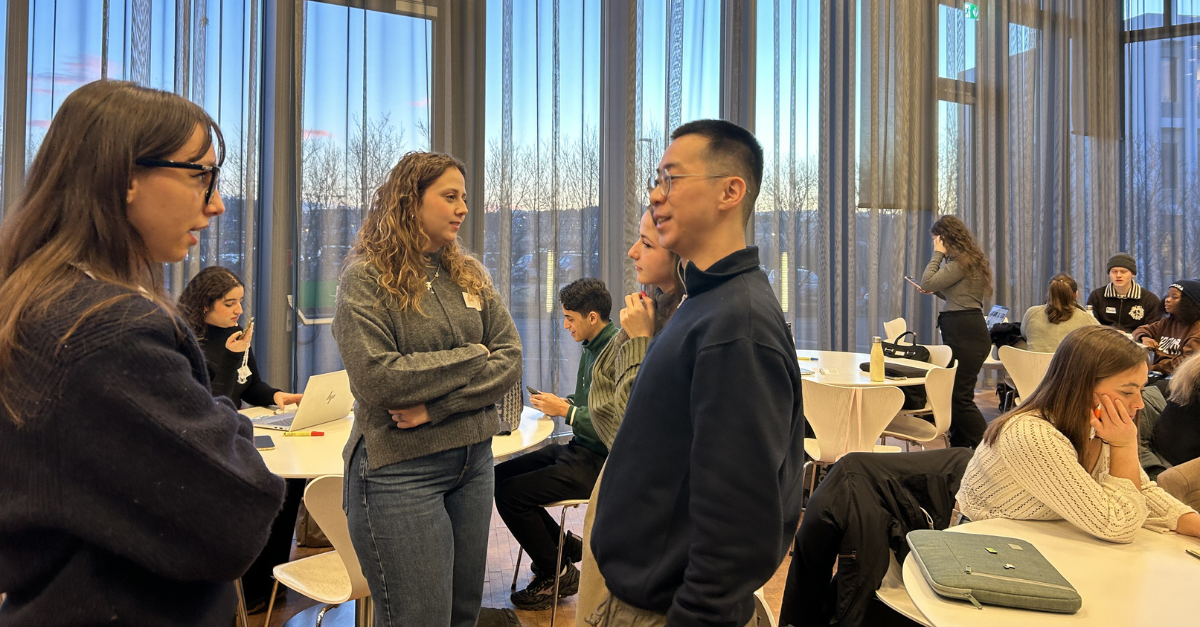
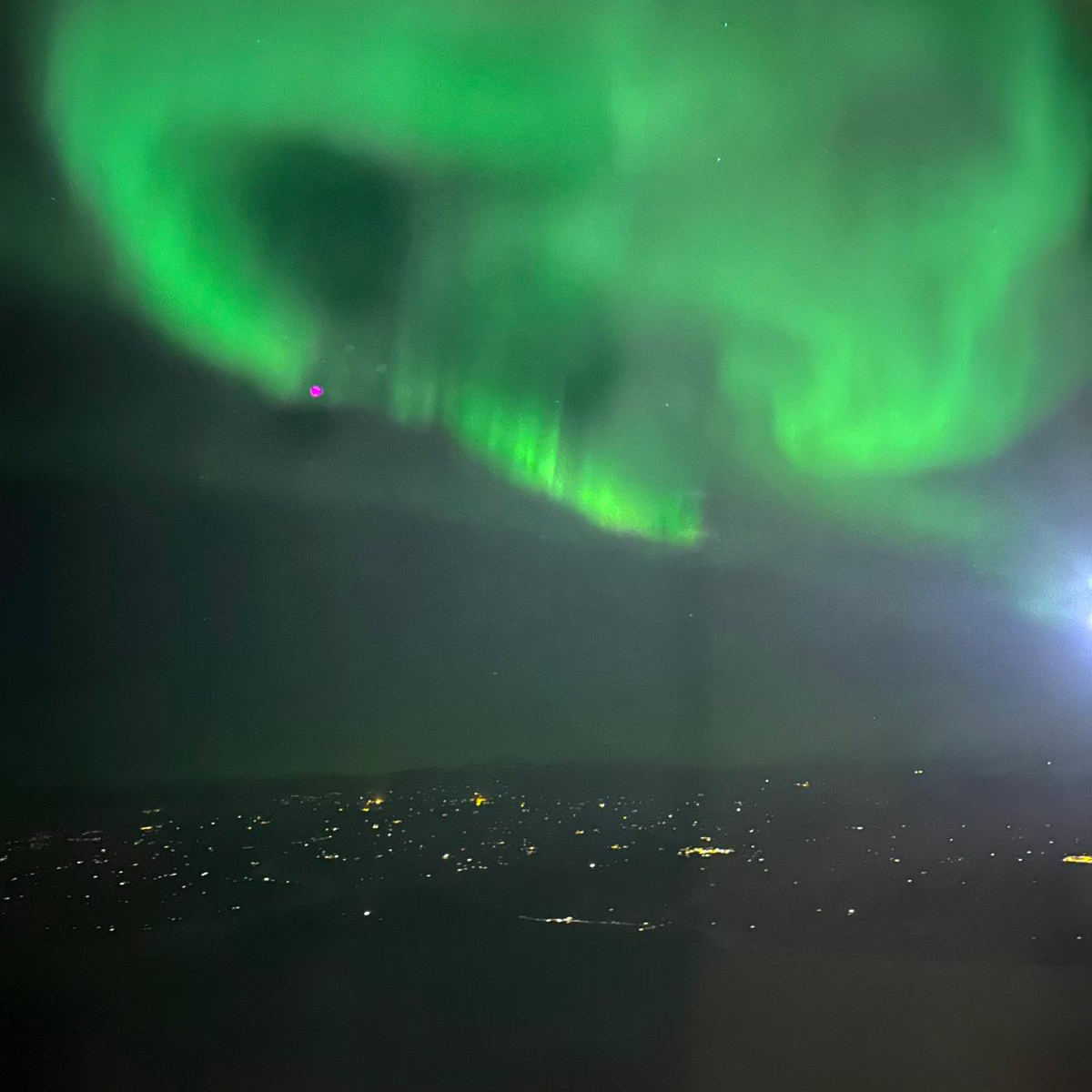 Aurora, viewed from the sky. Photo credit: Klaudie Simeckova (fellow Aurora Student Ambassador)
Aurora, viewed from the sky. Photo credit: Klaudie Simeckova (fellow Aurora Student Ambassador)



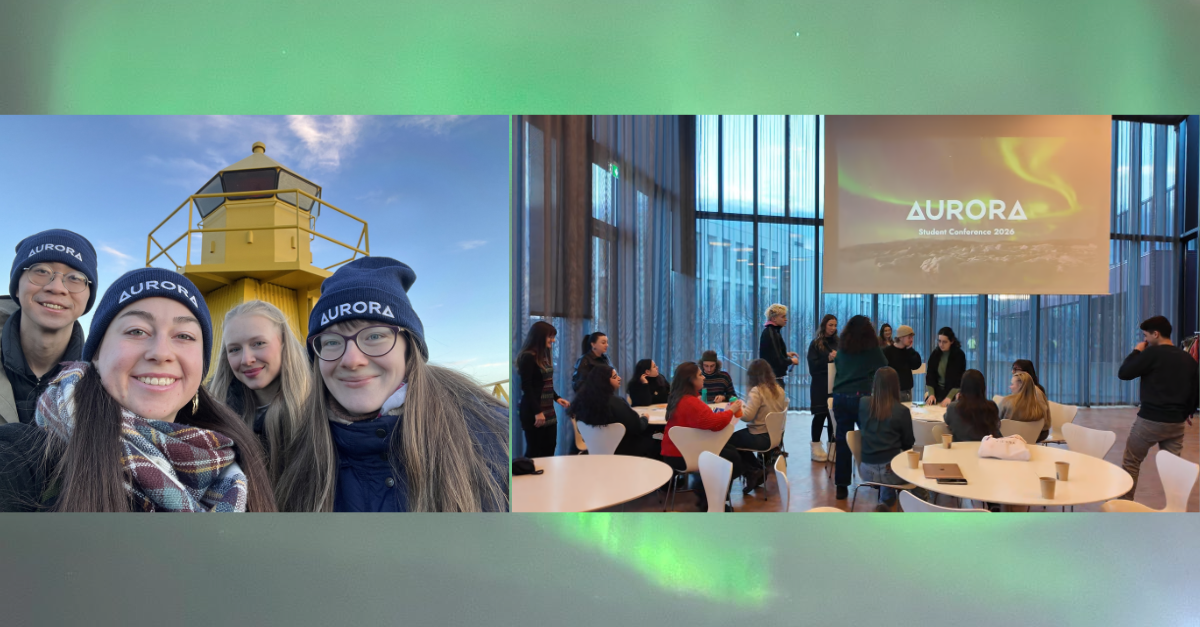 A snapshot of collaboration today, with more to come in the future
A snapshot of collaboration today, with more to come in the future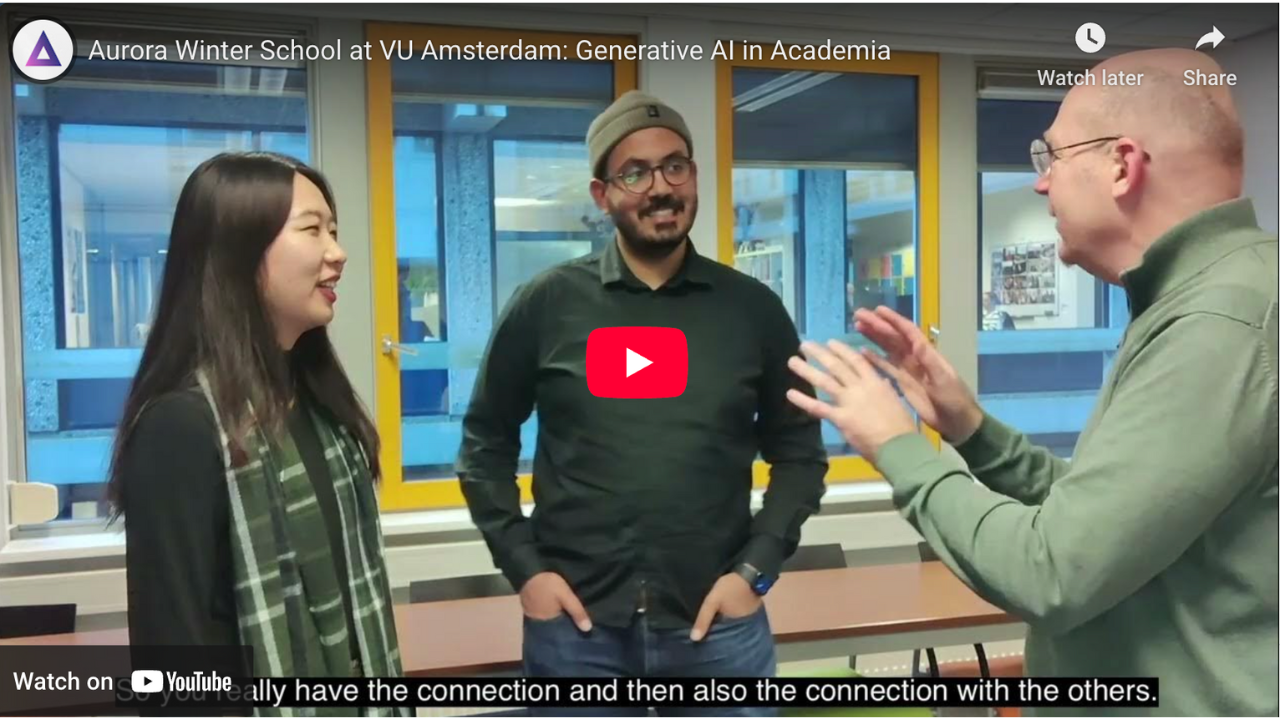
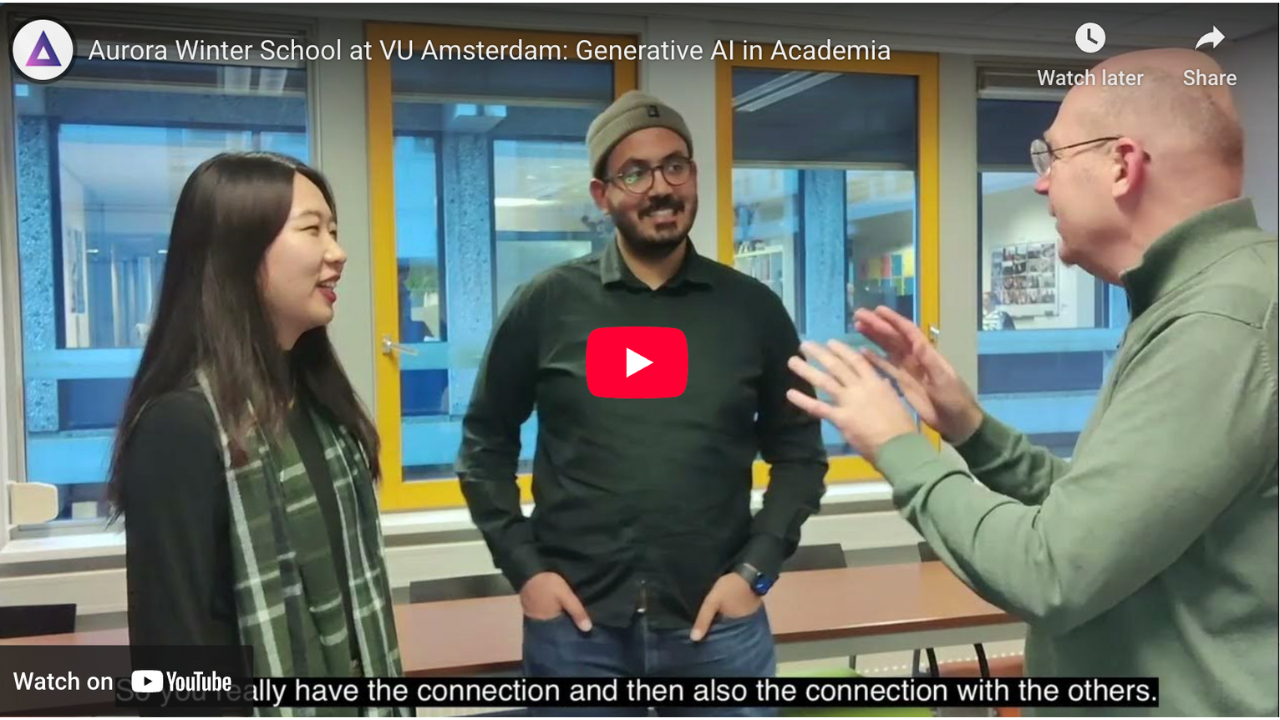
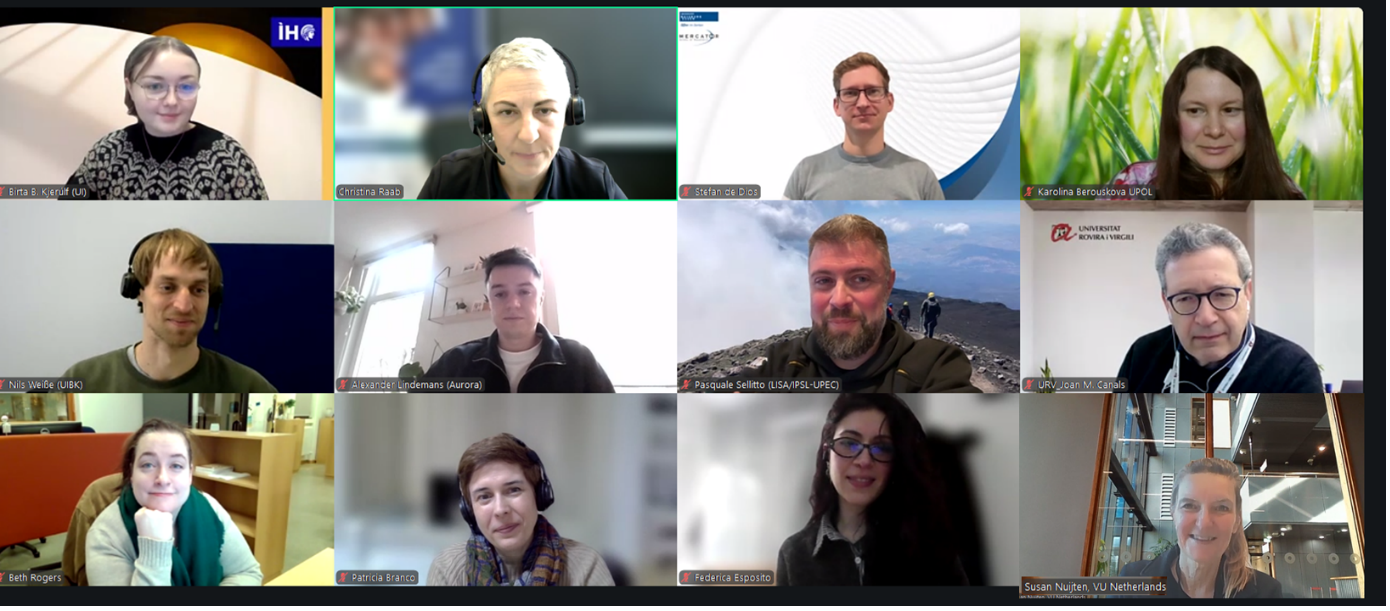
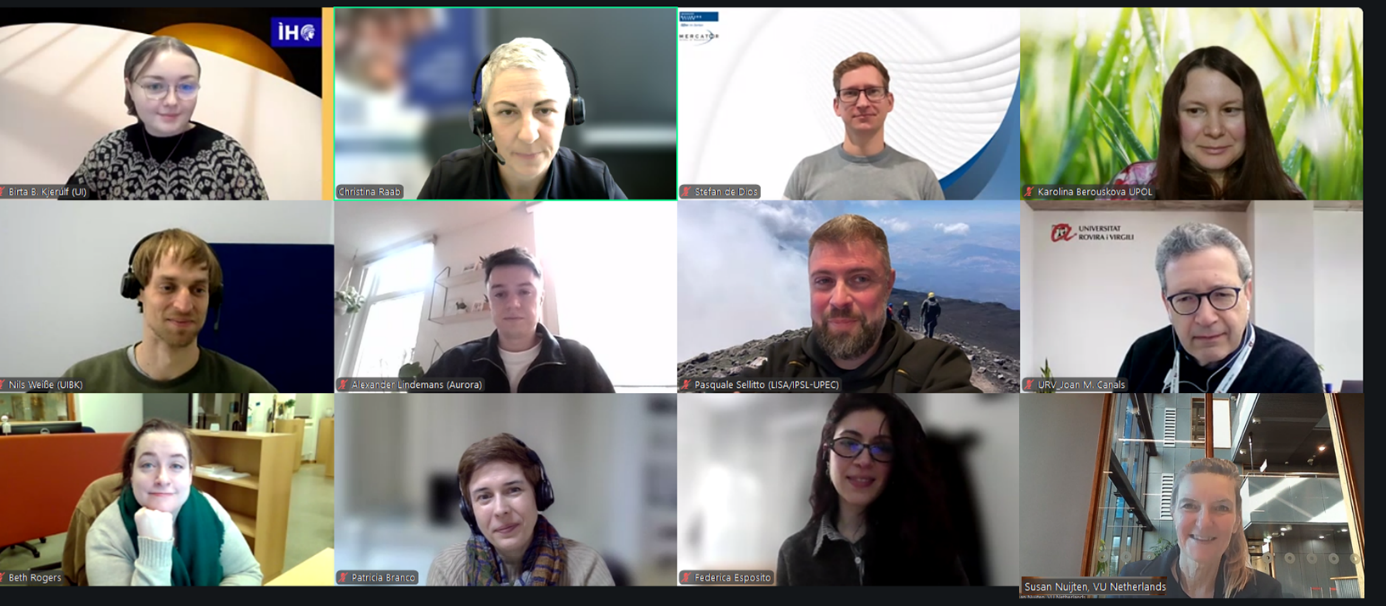 Participants at the second Aurora-MCC meeting. Photo credit: Aurora-MCC, Raab
Participants at the second Aurora-MCC meeting. Photo credit: Aurora-MCC, Raab 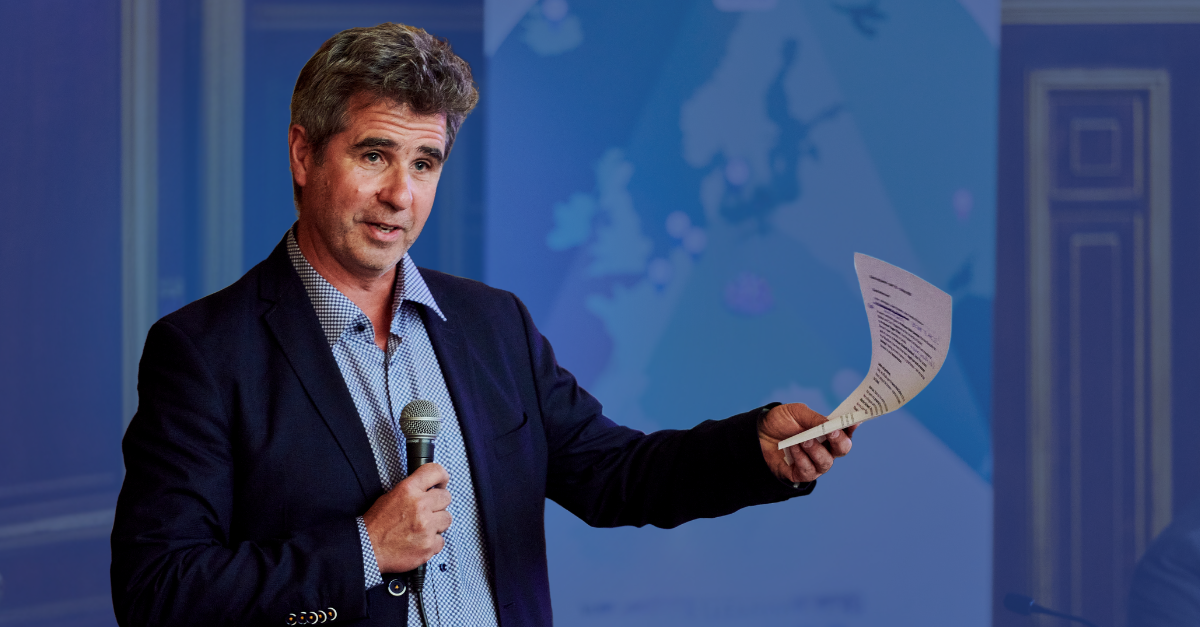
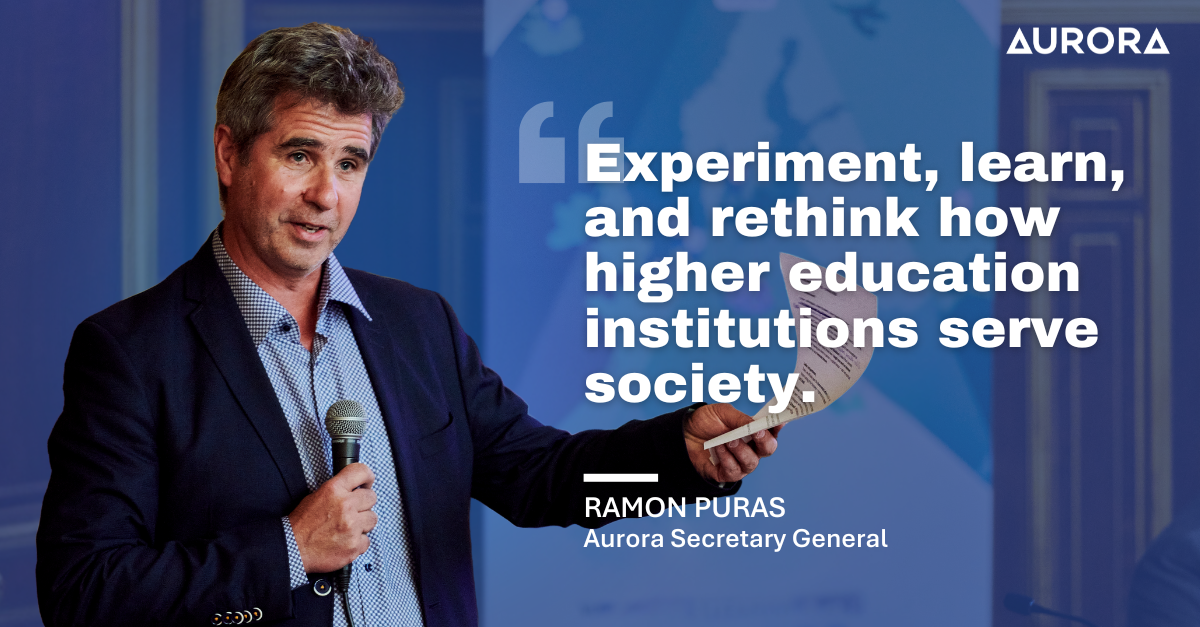
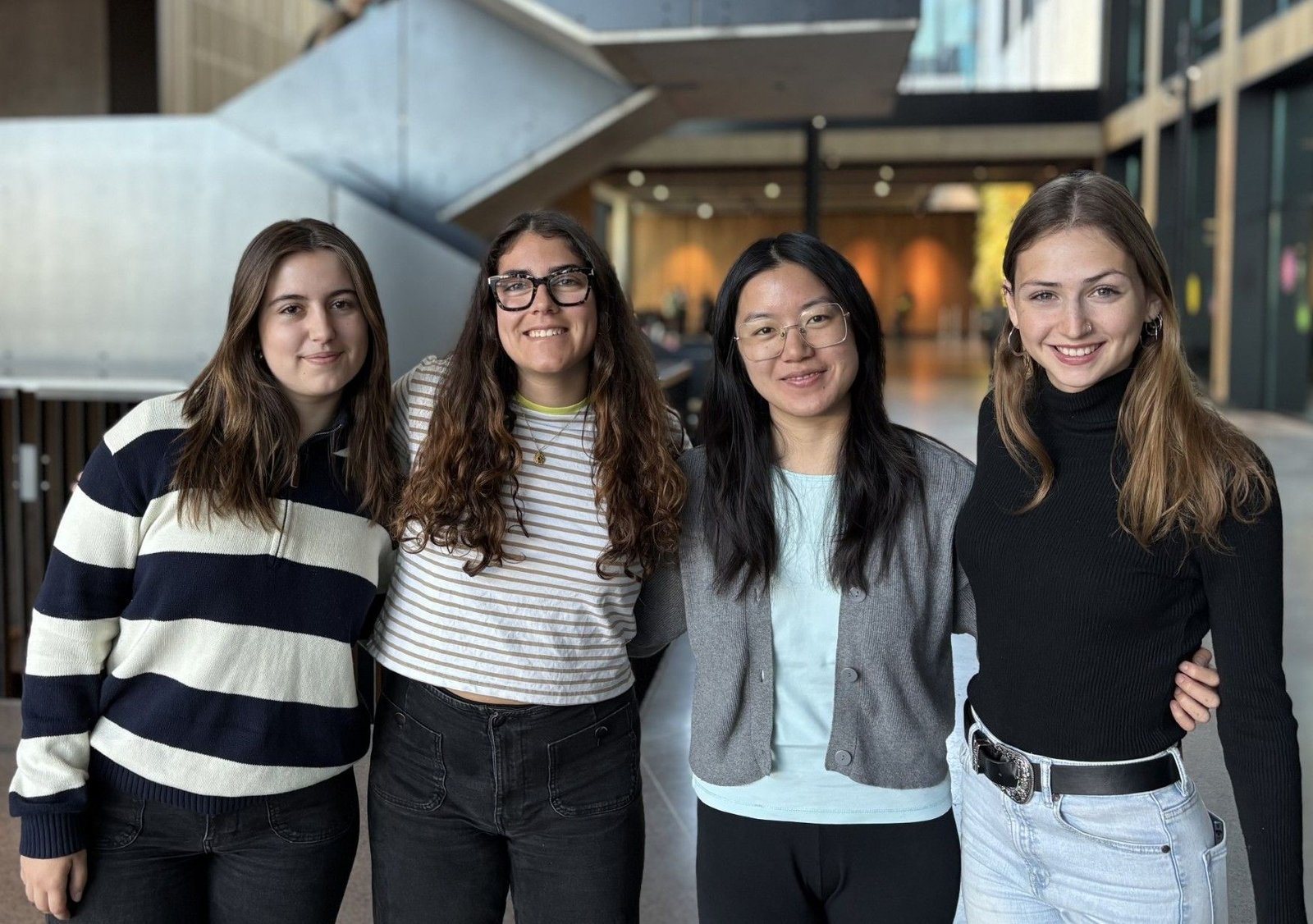
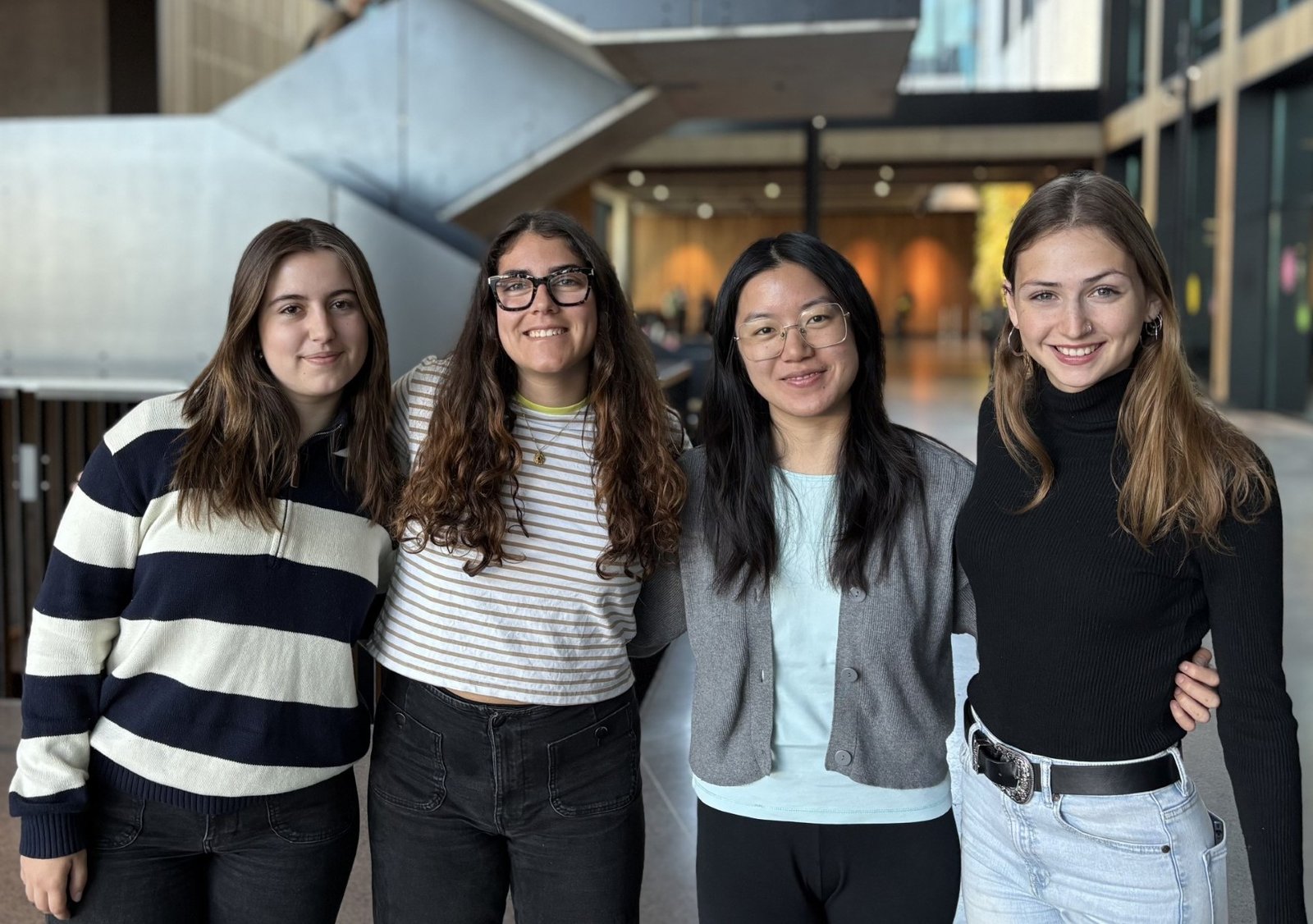 From left to right: Natalia Rodríguez, Laia Daura, Mireia Mei and Ruth Prats, during their visit to Reykjavík, Iceland
From left to right: Natalia Rodríguez, Laia Daura, Mireia Mei and Ruth Prats, during their visit to Reykjavík, Iceland

